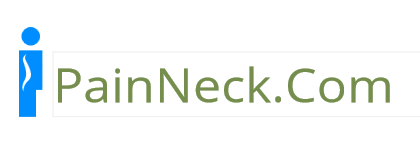 If you’re like many people, receiving a cervical herniated disc diagnosis gives rise to mixed emotions. On the one hand, it is likely a relief to finally know the cause of the neck pain and other forms of discomfort that you may have been struggling with for weeks or months. On the other hand, it can be scary to find out that you are suffering from a degenerative condition that has the potential to get worse over time.
If you’re like many people, receiving a cervical herniated disc diagnosis gives rise to mixed emotions. On the one hand, it is likely a relief to finally know the cause of the neck pain and other forms of discomfort that you may have been struggling with for weeks or months. On the other hand, it can be scary to find out that you are suffering from a degenerative condition that has the potential to get worse over time.
The important thing to keep in mind when you do receive your diagnosis is to remain positive and patient. The treatment process many involve a certain degree of trial and error. It is unlikely that any one treatment will provide total relief, but a combination of conservative treatments like exercise, stretching, medication, and hot/cold compresses will probably help to alleviate your neck pain and other symptoms. Read more
 Rates of fibromyalgia in the US stand at about 1-2%, with women disproportionately affected, or at least more commonly diagnosed with the condition. Fibromyalgia, neck pain, and migraines often occur in combination, with many people initially putting the pain and tension down to stress and failing to get a proper diagnosis from their physician. Read more
Rates of fibromyalgia in the US stand at about 1-2%, with women disproportionately affected, or at least more commonly diagnosed with the condition. Fibromyalgia, neck pain, and migraines often occur in combination, with many people initially putting the pain and tension down to stress and failing to get a proper diagnosis from their physician. Read more

 A
A  A
A 


 If you’re like many people, receiving a cervical
If you’re like many people, receiving a cervical  A
A  While most people wouldn’t automatically think that a
While most people wouldn’t automatically think that a